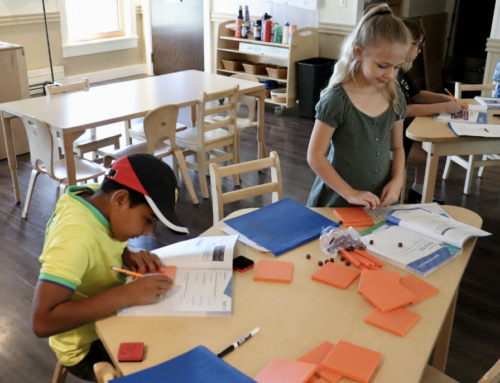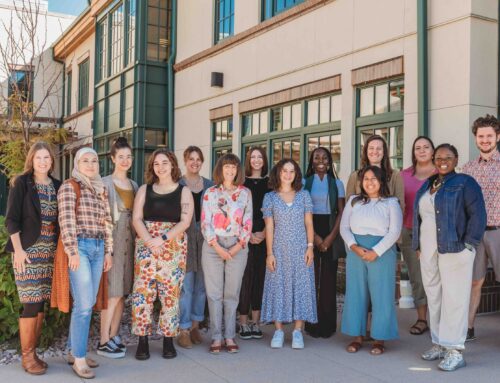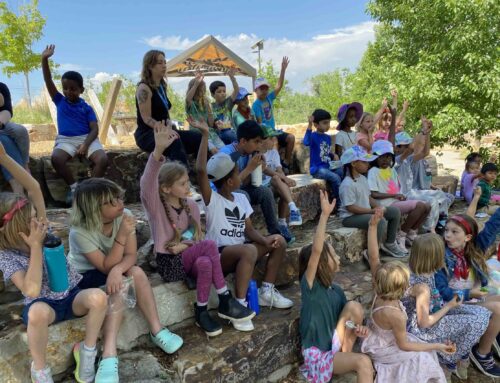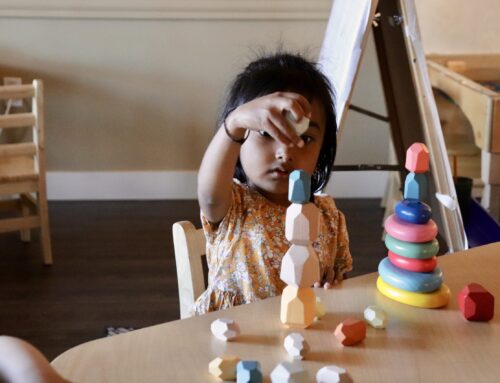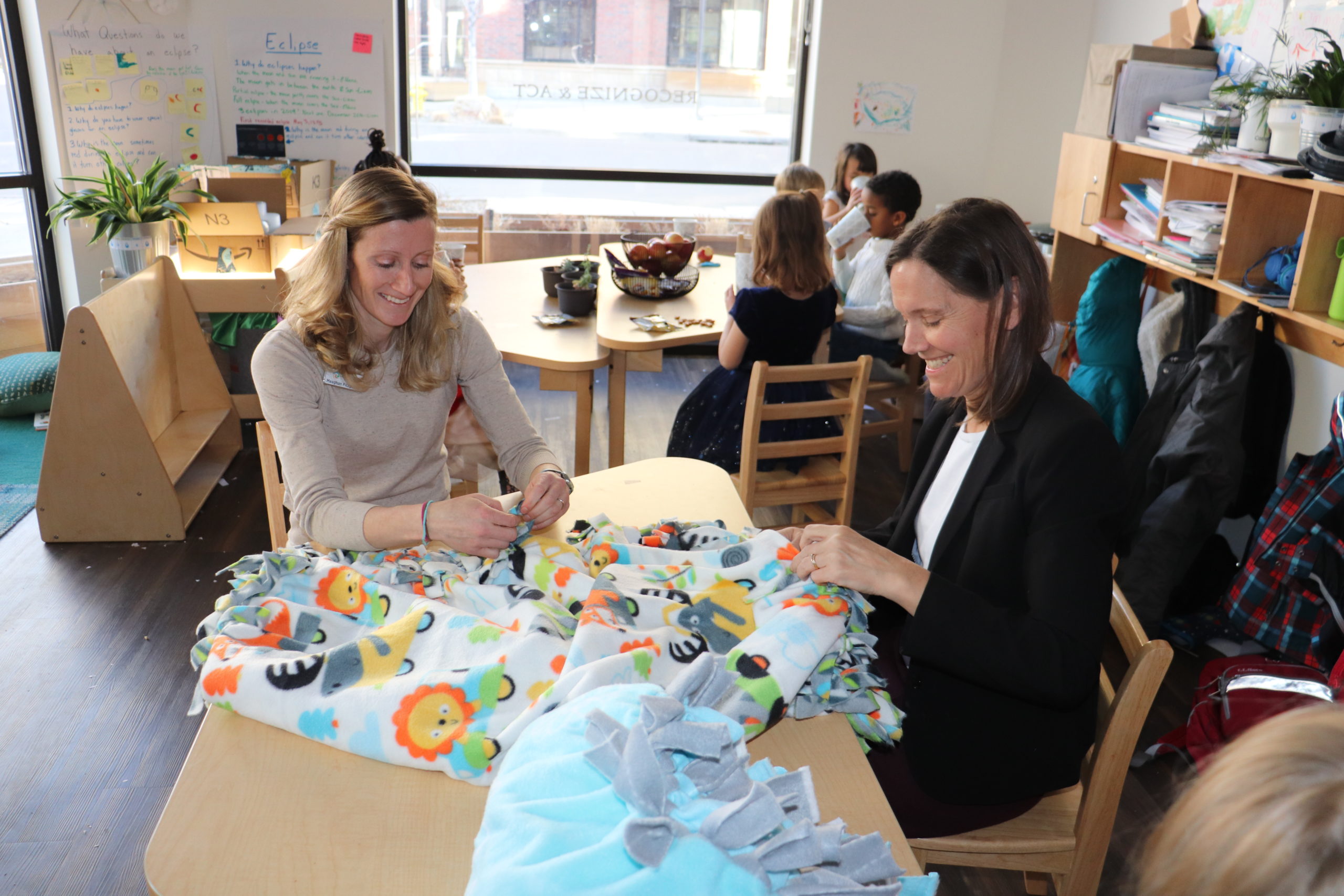
Hello everyone!
Normally, the beginning of May means sunny weather, flowers blooming, and the smell of fresh grass. At schools, it usually means a whirlwind of activity as we race towards the end of the school year. There are gatherings, performances, and end-of-year rituals, all activities that cement our feelings of connectedness to each other and to our institutions. At Compositive Primary, we were excited about starting traditions at our new school and had already begun planning various activities and celebrations.
But COVID-19 unfortunately cares little for traditions and rituals and has upended our lives in an unprecedented way. When we closed in mid-March, we were hopeful that we’d be back after spring vacation. Then we were hopeful we’d be back in early May. And, now, as we approach May, it’s looking less and less likely that we will be back at all this school year, and whenever we do come back, it will likely look different from when we left.
So many of our traditions involve gathering in groups. Look back over your own life and recall a meaningful moment. Perhaps it’s a moment where you experienced pure joy, but maybe it’s a moment where you experienced profound grief. It’s likely that the experience involved more people than just you. When we come together to celebrate or to grieve, our feelings are that much more powerful. In her book Braving the Wilderness, as well as in subsequent articles, Brené Brown talks about why this is. She speaks of the sacredness of moments we share with others and describes them as “so deeply human that they cut through our differences and tap into our hardwired nature.”¹
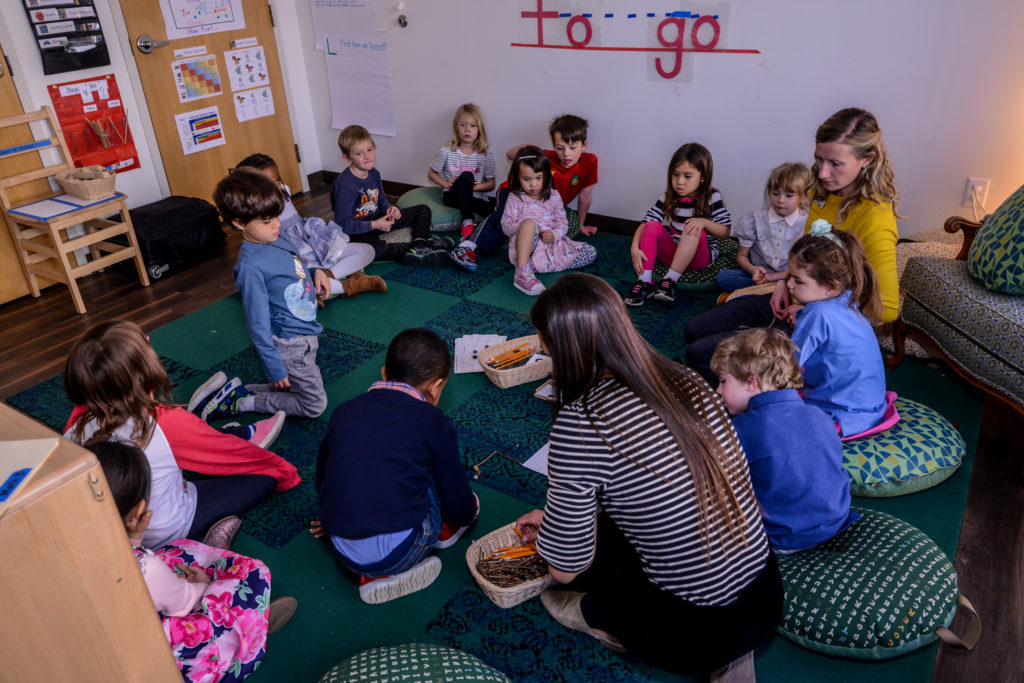
When I think of my own memories, I notice that the moments that have stayed with me are those that I shared with others: the exhilaration of finishing an ultra-running race and sharing that joy not only with my teammates but with the other runners around us; the feeling of shock on the morning of September 11, 2001 as I sat with colleagues and students, glued to the news; the grief I felt when my father passed away as I sang with my brothers at his service. Those moments when I felt connected with others in my joy and grief confirm my belief that the human experience is steeped in these moments of connection.
And now we are in a situation where many of these moments have had to disappear. It began with the NBA canceling its season. This was followed by other large sports events, concerts, and professional conferences. As we now approach the end of the school year, schools across the country have had to cancel prom, graduation, and other end-of-year gatherings and celebrations. As the parent of a high school senior, I feel this loss profoundly. We just received an email from his school with an update on events planned for spring. There must have been at least ten events planned that had all been cancelled.
So what can we do when these moments that truly speak of our common humanity are not possible? And as parents, how can we help make sure our kids get to experience these moments in the future?
First, we need to grieve. It’s okay to be sad about the loss we are experiencing right now. Our seniors will not have the rites of passage that we have been envisioning for them all these years. Our younger children are also missing out on end-of-year rituals that provide closure and connection. Some of our kids are missing out on their final season of a sport. Others are missing their spring musical or their dance recital. And, just as important, they are missing out on small moments of connection – getting to know a classmate, greeting school administrators in the morning, or running into a teacher outside of school. These unplanned small moments have just as much value as the larger gatherings. Together those moments of connection make up the fabric of our shared experiences, and it’s perfectly reasonable, and in fact necessary, to take the time to grieve the loss of those moments. Ironically, as we share our feelings of loss, whether over Zoom happy hours, Facebook posts, or old-fashioned telephone conversations, we are actually creating new moments – moments of shared grief that will be remembered for years to come.
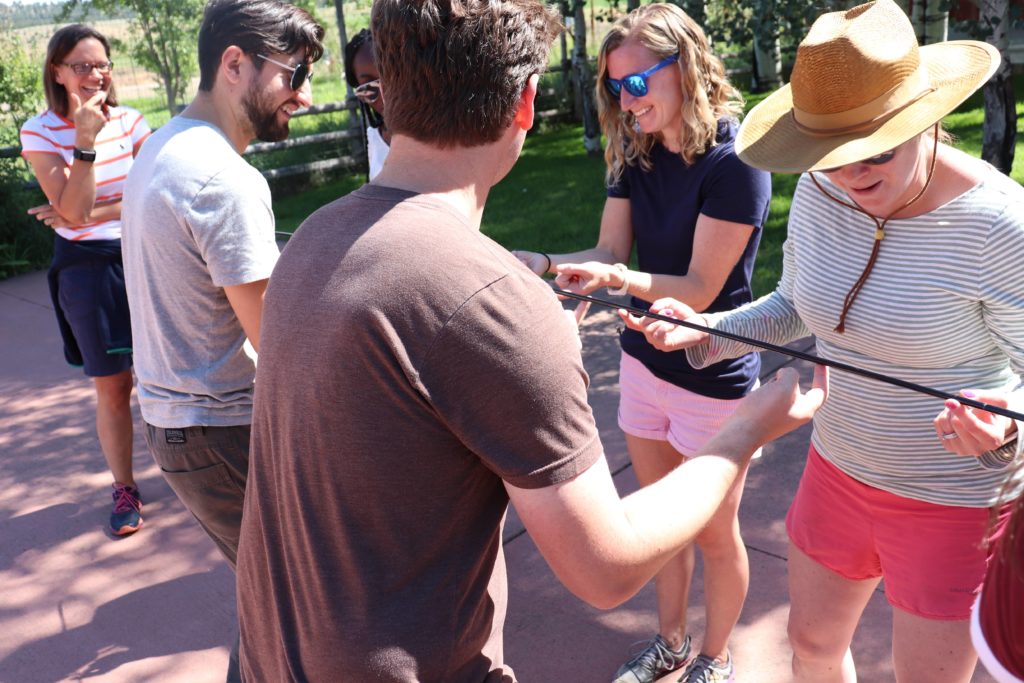
And that’s the beautiful thing about human connection – it’s so ingrained in us that while we must grieve the loss of the traditions and rituals that we are used to, we are simultaneously coming up with new traditions and rituals, and it is a joy to see the creativity people have employed in this endeavor. The entire original Broadway cast of Hamilton serenaded a nine-year-old girl when she was not able to see the show in person (click here to view). Drive-by birthday parties have become a thing – if you can’t all be in the same room, at least you can drive by and honk at your friends! At eight o’clock each evening, people all over the country are stepping outside to howl. They are thanking healthcare workers, but they are also releasing pent-up frustration at our isolation, and they are coming together in their frustration.
The COVID-19 pandemic has wreaked havoc on our world, and there isn’t a person who has not been affected. We have lost lives in the thousands and livelihoods in the millions. And we have lost our way of life in the disappearance of the many traditions, rituals, and routines that bring us together. Still, while the pandemic may have taken away many of our hoped-for moments of collective experience, it in itself is a collective experience that has motivated people in creative ways to reach out, connect with each other, and demonstrate the empathy that makes us truly human.
_____________________________________
¹ Brown, Brené. “Why Experiencing Joy and Pain in a Group is so Powerful.” Greater Good Magazine, Greater Good Science Center at UC Berkeley, January 19, 2019, greatergood.berkeley.edu/article/item/why_experiencing_joy_and_pain_in_a_group_is_so_powerful.

